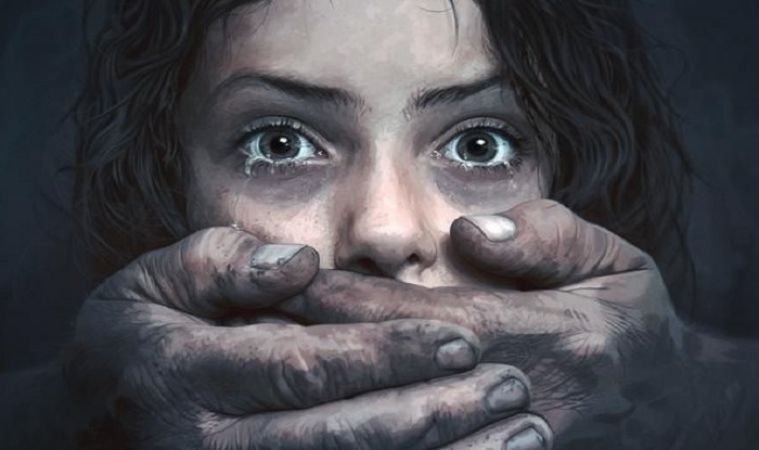
Now – a- days, the news of rapes and other forms of atrocities have become daily routine. While the number of crimes is rising, number of arrests, let alone convictions, is not increasing. Women and girls are losing confidence in the system. They are being abused in public by male with impunity. If one goes by the ruling of Chattisgarh High Court, abusive words used in daily language are not obscene ( www.lawrato.com , published on April 28, 2018) . The court held that only words relating to sex or moral are abusive words.
According to the report , the words are used frequently and unintentionally by people.
As per the testimony of the witness, the accused said ‘ madar chod ‘ in public place and the trial court convicted him under sections 294 and 506 under the Indian Penal Code. Justice Ram Prasanna Sharma said that the words used by the accused are ‘ common in nature …’ The court has also acquitted him of intimidation.
Male mindset
The ruling is a sad reflection of ‘ male’ mindset present in society seeping into judicial system. The cuss words used in any language are almost directed against female bodies or a caste or religion. These words are used to denigrate opponent by equating with a particular gender or caste or religion which is considered as ‘bad’.
Many politicians have used language that is seen as ‘ un-parliamentary ‘ and got away without any punishment.
Freedom of speech
Some may argue that use of derogatory and humiliating words unintentionally can be condoned as they are used on the spur of the moment. People blurt out because they let out anger and in the process use foul and indecent language that contains references to women’s bodies. But, this is just a pretext to cover up the profanity of language and its impact on opponents minds.
Patriarchal construct
The cuss words in languages are a reflection of patriarchy. Ironically, the words are used by women too without noticing the meaning of the word. Society has absorbed these words and the words find place in literature as well. They are used in a matter-of-fact way with little effort to change them and replace with non- offensive words.
Decency and decorum
While rural folk using foul language can be pardoned, the urban literate using such language should be condemned. There are many ways of expressing anger which does not involve filthy derogatory speech. People must be trained to refrain from using such words and phrases.
Children should be taught to abstain from the abusive language. They must be taught to express their displeasure in an effect way that would lead to a better ‘ cuss – free’ and derogatory – free society.
Education and language
The semi- literate and uneducated generally use foul language to register their anger. They must be educated and explained the ill – effects of the use of filthy words. Children must be monitored and trained to grow as good future citizens.
The court should have ruled that offensive language is bad for society and directed the accused to express displeasure on his words albeit it was not intentional. Though the crime may not be grievous, it can be avoided effectively and anger can be expressed with more civility than using cuss words, specially those words and phrases overtly indicate the denigration of women, dalits, marginalised sections, muslims and other minorities and hurt them immensely.
A language of love and humane feelings is necessary to drive away language of hate and mistrust of one another.
Sheshu Babu is a writer from anywhere and everywhere. When ever he ponders on the question ‘ who am I?’ , he receives some response in a lyric by Bhupen Hazarika ( Assamese) ‘ Ami ek jajabor’ ( translated into Hindi by Gulzar) .
‘ I am a gypsy
The earth has called me her own
And I have forgotten my home
( English translation)








































